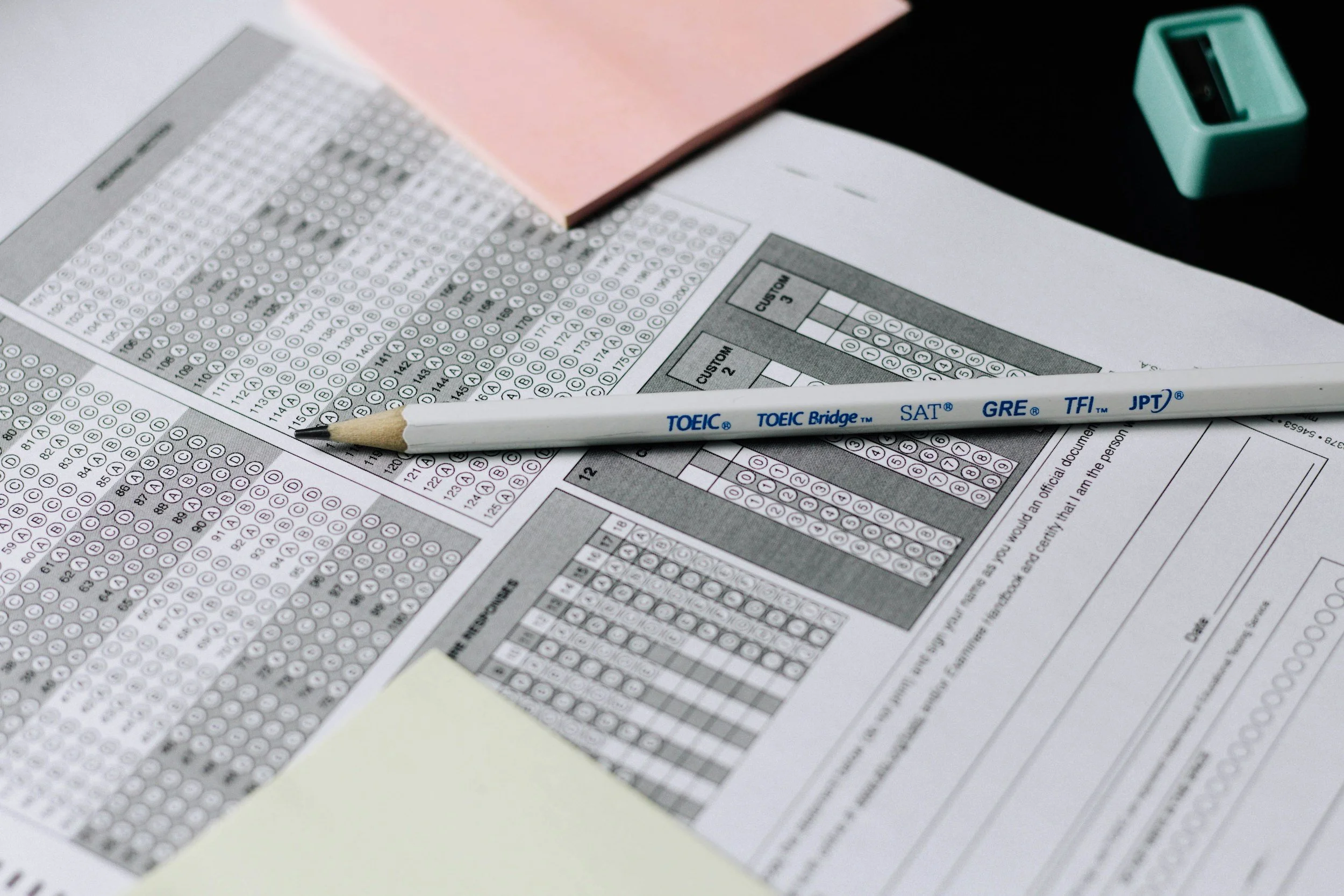Colleges and Universities Bringing Back the SAT and ACT
Elton Lin
Are the test-optional tides turning? For some top schools, the answer is yes.
The role and nature of standardized testing in the college admissions landscape have certainly moved in many directions over recent years—the shift to digital testing for both the ACT and the SAT, changes in the many schools’ testing policies (including the University of California system’s) in response to limited access to testing centers over COVID-19, and the debate on whether or not the increasing test-optional policies were truly test-optional, just to name a few.
Now, many schools are bringing back SAT and ACT score requirements, including:
Brown University
California Institute of Technology
Dartmouth College
Georgia Institute of Technology
Harvard University
Massachusetts Institute of Technology
Purdue University
University of Florida
University of Georgia
University of Texas at Austin
Yale University
WHY RETURN TO TESTING REQUIREMENTS?
Colleges bringing back testing requirements did not make their decisions lightly, with many citing thorough deliberations and research by their committees.
MIT, for example, which reinstated its SAT and ACT testing requirements in 2022, announced that it found standardized testing helps their admissions team “better assess the academic preparedness of all applicants” and “identify socioeconomically disadvantaged students who lack access to advanced coursework or other enrichment opportunities that would otherwise demonstrate their readiness for MIT.”
Indeed, SAT and ACT scores have long played a significant role within the holistic college admissions process as a measure of students’ academic readiness for college. While GPA, AP/IB scores, coursework, extracurricular activities, et cetera are all also valuable factors in their own right that admissions committees use to academically evaluate an applicant, SAT and ACT scores are—importantly—standardized, whereas other factors must be considered in context of students’ specific high schools and other circumstances. Standardized testing allows admissions officers to compare applicants from diverse backgrounds on a more equal footing, and by their merit rather than more subjective criteria—hence MIT’s assertion that bringing back testing requirements makes admissions “more equitable and transparent.”
Dartmouth, the first Ivy League to join MIT’s test-reactivation ranks in February 2024, clearly agrees, explaining that their committee, composed of Dartmouth economists and a Dartmouth educational sociologist, found that “contrary to what some have perceived, standardized testing allows us to admit a broader and more diverse range of students.” They found that “high school grades paired with standardized testing are the most reliable indicators for success in Dartmouth's course of study,” and asserted that SAT/ACT test scores serve as an “especially valuable tool to identify high-achieving applicants from low and middle-income backgrounds; who are first-generation college-bound; as well as students from urban and rural backgrounds… [and] applicants from under-resourced or less familiar high schools across the increasingly wide geography of our applicant pool.”
These motives of applicant equity and predictive college readiness indication (among other reasons, including higher graduation rates with testing requirements) have been echoed by other schools bringing back the SAT/ACT, including Yale and UT Austin.
HOWEVER, MANY SCHOOLS ARE ALSO REMAINING TEST-OPTIONAL OR TEST-BLIND.
While many schools—and potentially more to come—are returning to standardized testing requirements, there still remain a significant number of institutions that are sticking to their test-optional and test-blind policies. Some of these schools, such as Princeton, have only promised test-optional policies over the next few admissions cycles, leaving their long-term position unclear for now.
Other schools, however, have firmly stated that they plan to stick to their test-optional and test-blind policies long-term. The University of California system eliminated SAT and ACT requirements from their admissions criteria altogether in 2021, as have California State University schools. Pomona made its test-optional policy permanent in 2023. Some schools, including Bowdoin and the University of Chicago, were test-optional even prior to the COVID-19 pandemic, and have made no indication of changing their policies any time soon.
IMPLICATIONS FOR STUDENTS AND COLLEGE ADMISSIONS
This return to testing requirements signals that, while colleges consider a large swath of factors in their holistic admissions processes, good test scores can still be a strong asset to a student’s application. Having strong standardized test scores can only help an applicant! Even a test-optional school will look at strong test scores and see them as indicators of a student’s high college readiness, bolstering their application.
This turn back towards testing requirements should therefore push students to reconsider their SAT and ACT test preparation strategy. Although not all colleges and universities have revived their standardized test requirements, and although a student’s current college list may be full of test-optional and test-blind schools, a college list can change many times over the course of a student’s college preparation process, and having strong SAT or ACT scores can keep more school options open for the future.
As students prepare for college admissions, it's crucial to stay informed of these various changes in standardized testing, including individual schools' testing policies!
How can your student go about test preparation in such a changing and competitive admissions landscape? Perhaps you’re unsure whether your student should take the SAT or the ACT? Maybe your student doesn’t know when they should start practicing, when they should aim to take their first test, and how they should balance it with the rest of their coursework and college prep.
If you would like to further discuss high school coaching and college admissions, as well as how your student can better prepare for the SAT/ACT in the changing college admissions landscape, please feel free to book a free consultation with us!
